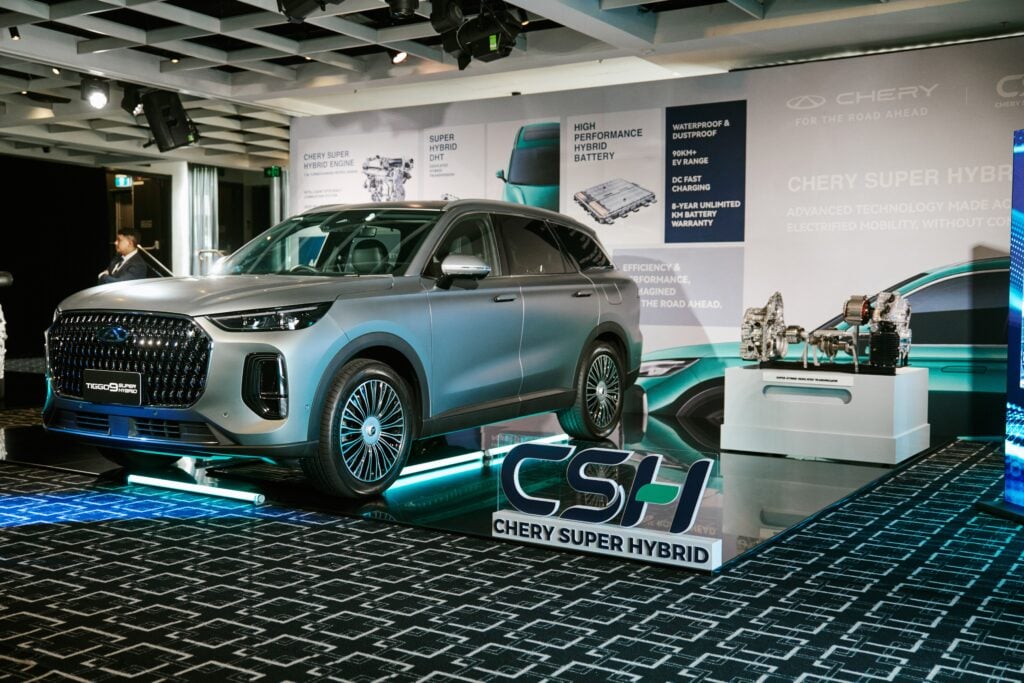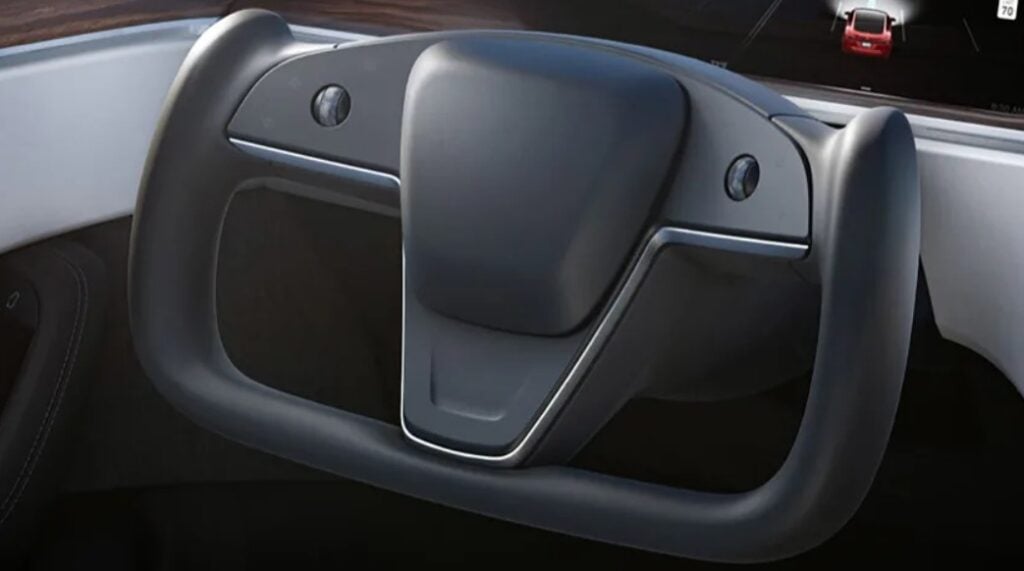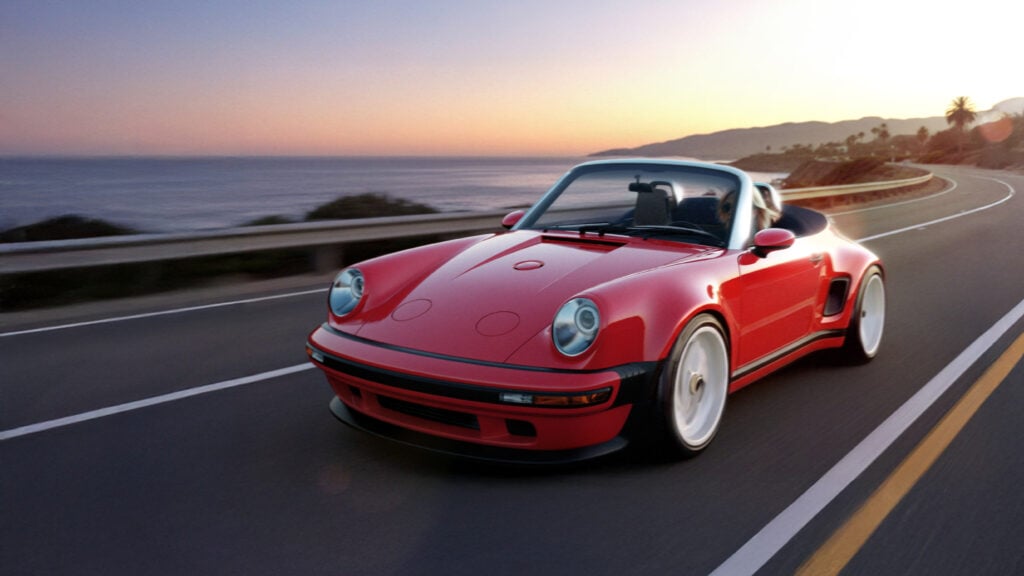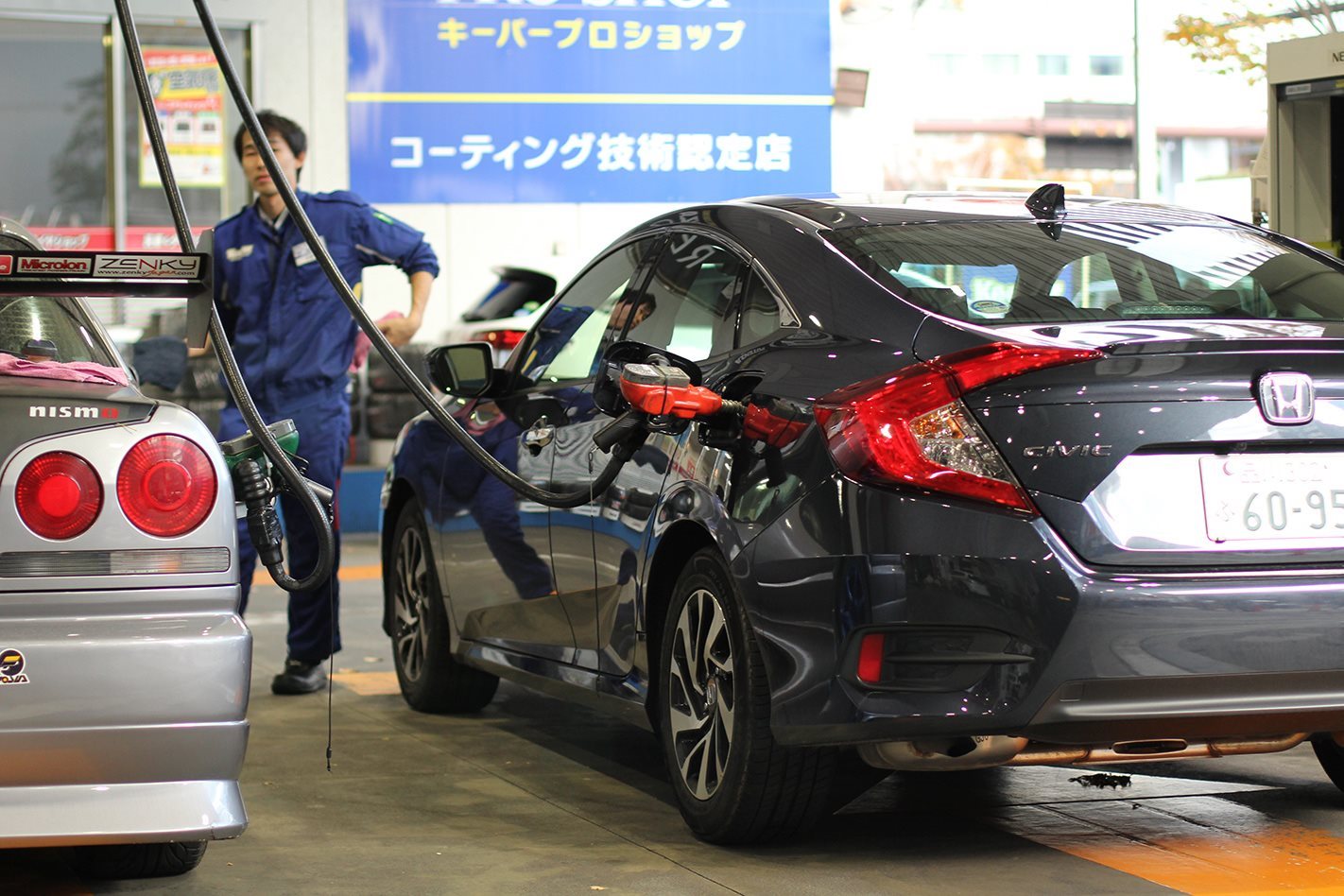
One of the world’s most prolific producers of petrol-powered cars may need to do a backflip in less than a decade, as Japan’s government considers a ban of the production of internal combustion engine-cars.
The plan comes as Japan looks to reduce its carbon emissions to a net-zero figure – where human-made emissions are matched by carbon-capturing tech like reforestation or carbon capture – by 2050.
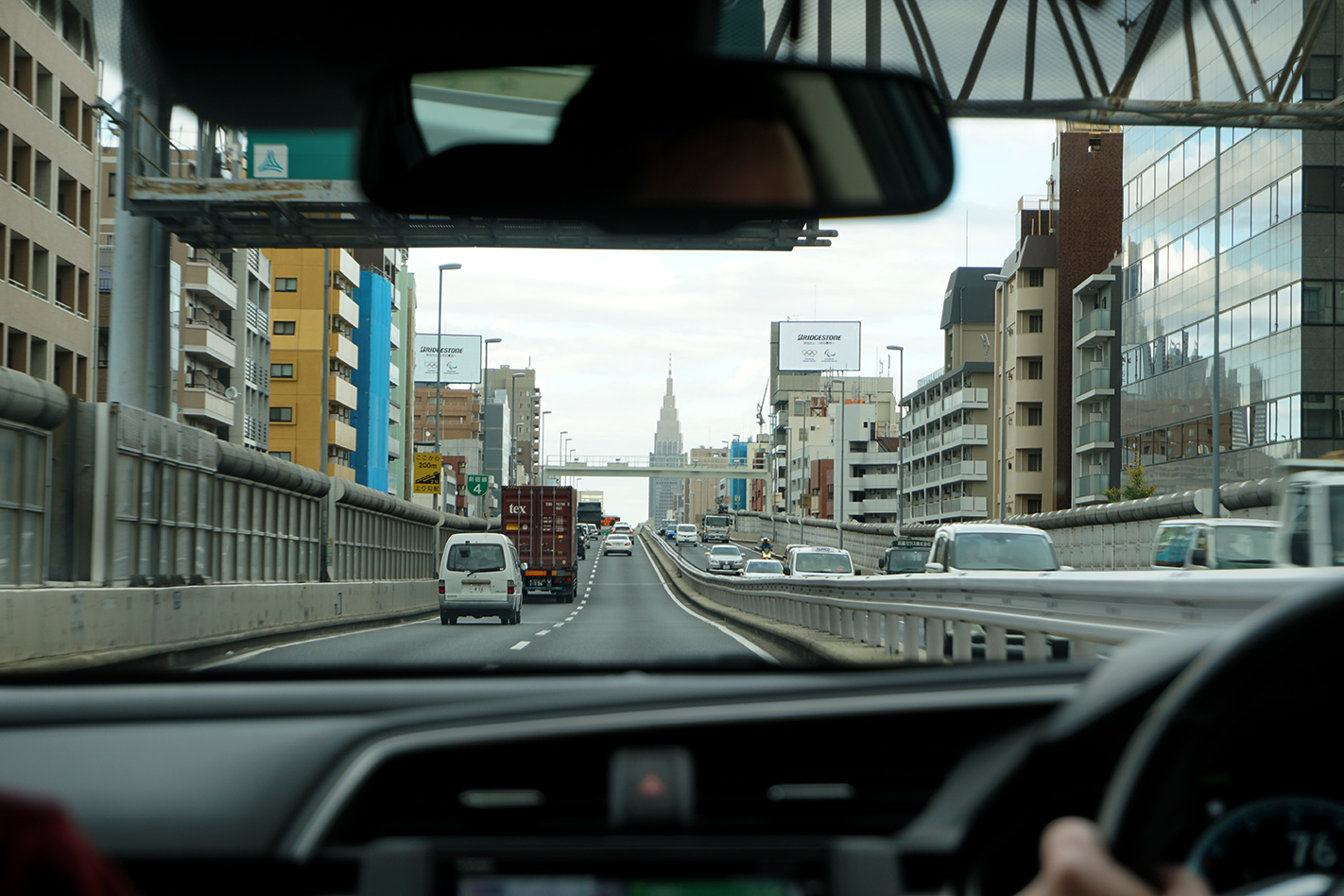
It’s comparable to the UK’s recent announcement that it’s advancing plans to ban ICE-powered cars to 2030, and in line with similar plans that are in the works in countries such as Germany, Canada and Norway.
This doesn’t mean, however, that we’ll just be driving battery-powered electric cars only in the mid-part of the next decade; both battery-electric vehicles (BEVs) and petrol-hybrid electric vehicles (PHEVs) are part of the transition plan to a greener future.
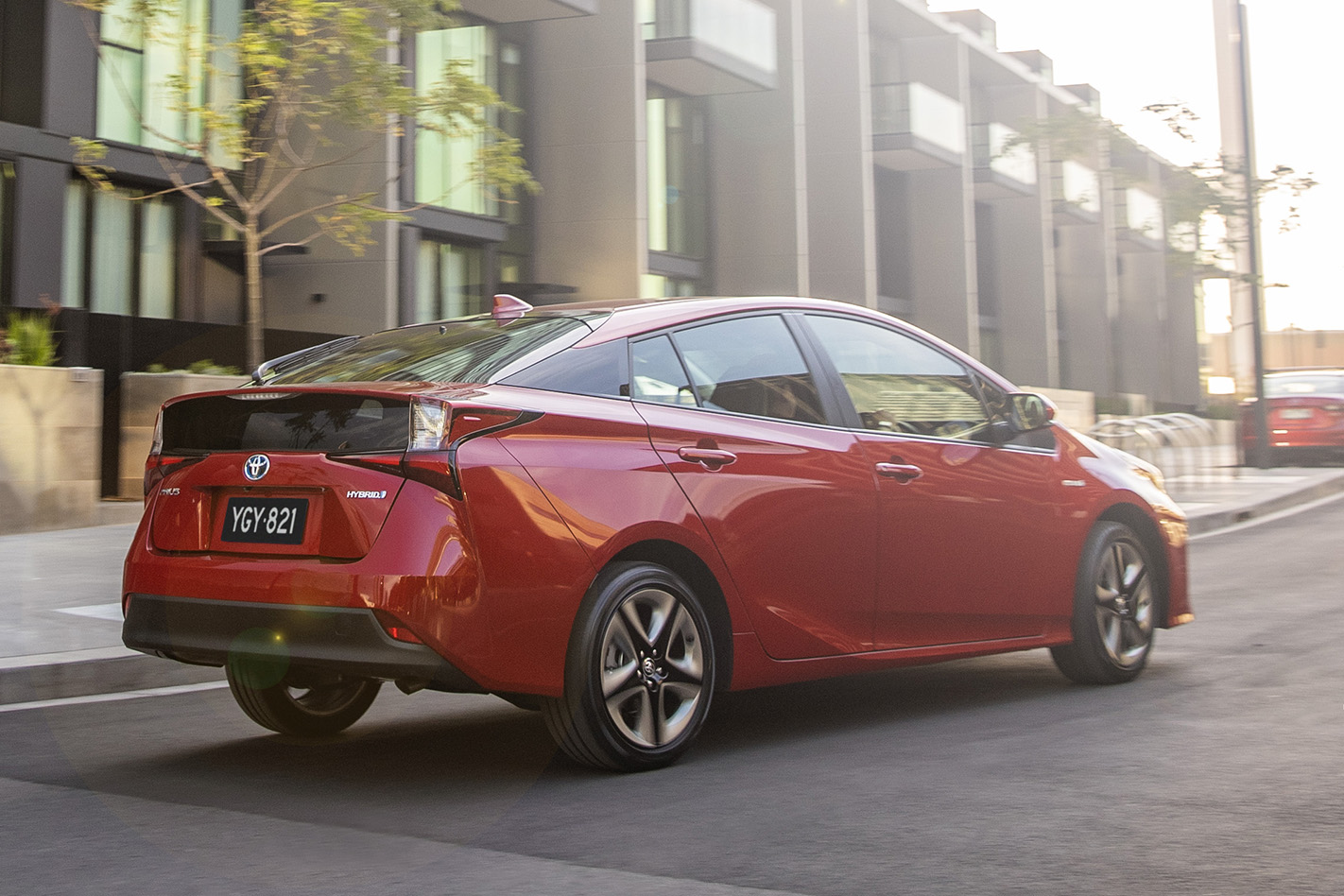
Suddenly makes sense why Toyota is pushing so hard on hybrids now, right?
The world’s number one carmaker was the first to roll out a commercially-successful hybrid car in the Prius, and its current line-up of cars includes hybrids in virtually every model range save for the 86 sports car.
It’s not just the current crop of cars like the RAV4, Camry, Corolla and Yaris, either; even the venerable LandCruiser will eventually add a hybrid version to the incoming 300 series.
Toyota’s premier brand Lexus, meanwhile, sees an upside to any decisions taken in Tokyo.
“The process we go through in terms of when vehicles are available on a global stage, then we pitch very heavily to get them into our marketplace,” Lexus CEO Scott Thompson told WhichCar.
“The right-hand drive/left-hand drive combination is a bit of a challenge for us in our market, but the good thing is when Japan is looking at focusing on it as well it gives us a great impetus to bring them into the country.
“The next conversation we’ll be having is about a plug-in opportunity that they’ve announced globally, and we’ve got to start having those conversations.
“We believe there is market opportunity in Australia for a range of electric offerings. We still believe in that hybrid will take the lion’s share based on affordability and performance, but we do believe from a plug-in and a battery-electric [view], there are opportunities.”
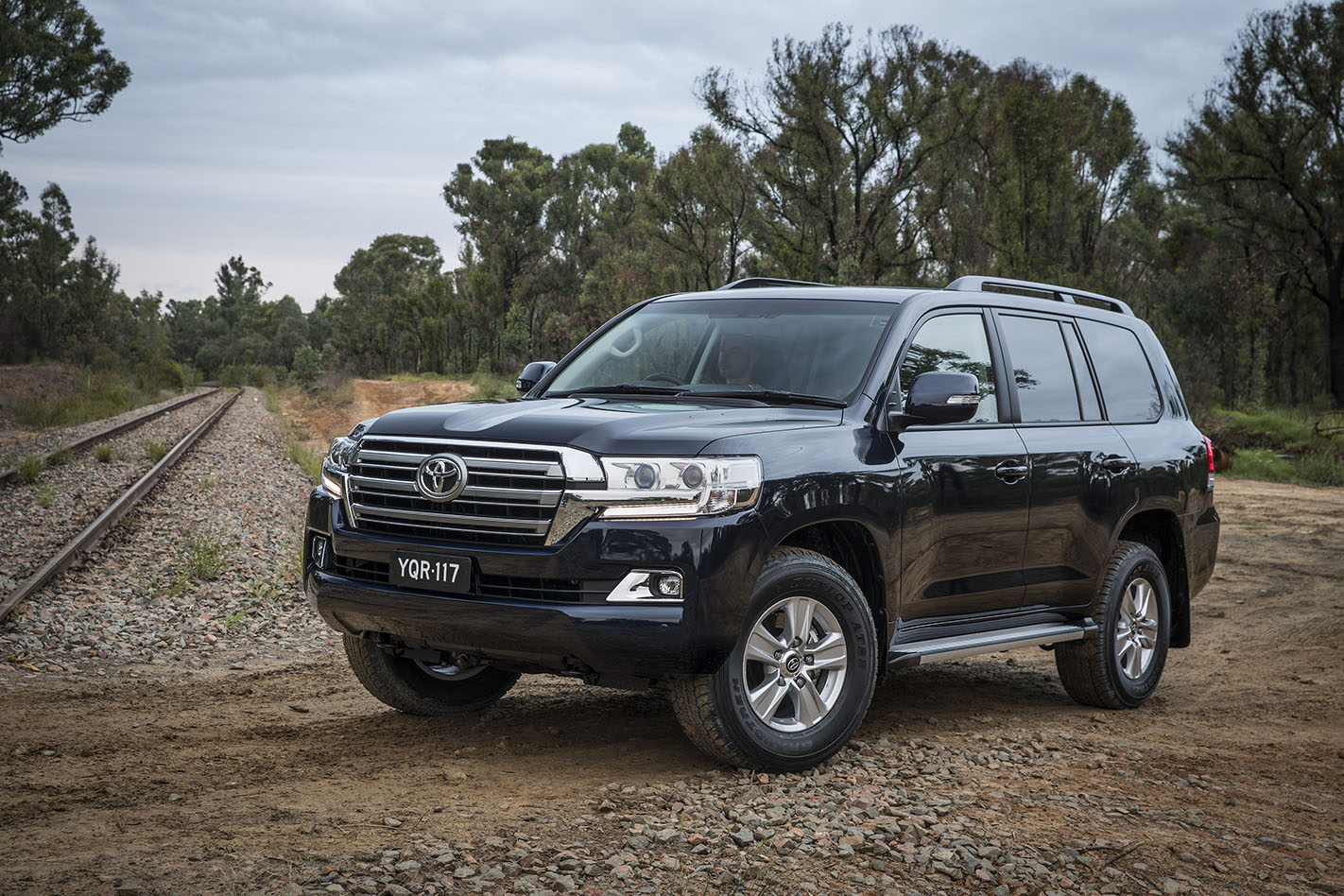
And Toyota isn’t the only company that can take advantage of worldwide governments’ re-examination of the global climate crisis, though few are as well advanced.
Even though its partnerships should have resulted in an EV overload by now, the Nissan Renault Mitsubishi Alliance are in a reasonable spot to capitalise on the seismic shift in showroom staples in the face of ever-tightening regulations.
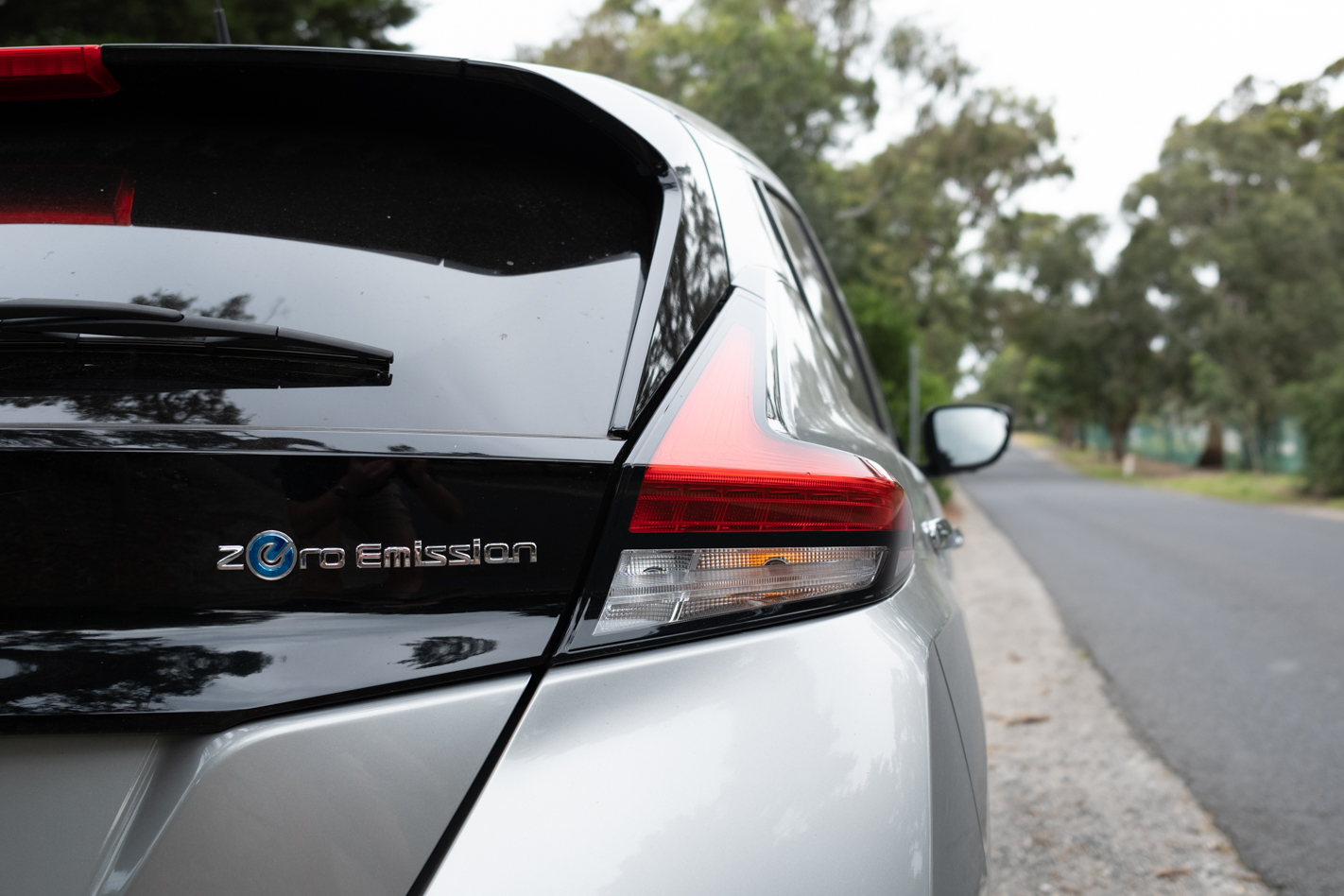
Nissan, for example, has plans to introduce hybrid versions of the next-generation X-Trail and Qashqai with petrol/electric hybrid technology, while Mitsubishi will look to the next generation Outlander to continue its good work in this area to date.
Honda currently offers a single hybridised version of its Accord sedan, but recent sightings of hybridised versions of the CR-V SUV lend credence to the theory that the brand will spread its hybrid footprint more widely.
While hybrid sales are rising locally – thanks mainly to Toyota – there’s little indication that our federal government is even close to thinking about the makeup of Australia’s future when it comes to restricting the sales of pure ICE vehicles.
But if it does, there will be no end of choice for Aussie consumers, thanks mainly to decisions taken at government and business levels in other territories.


